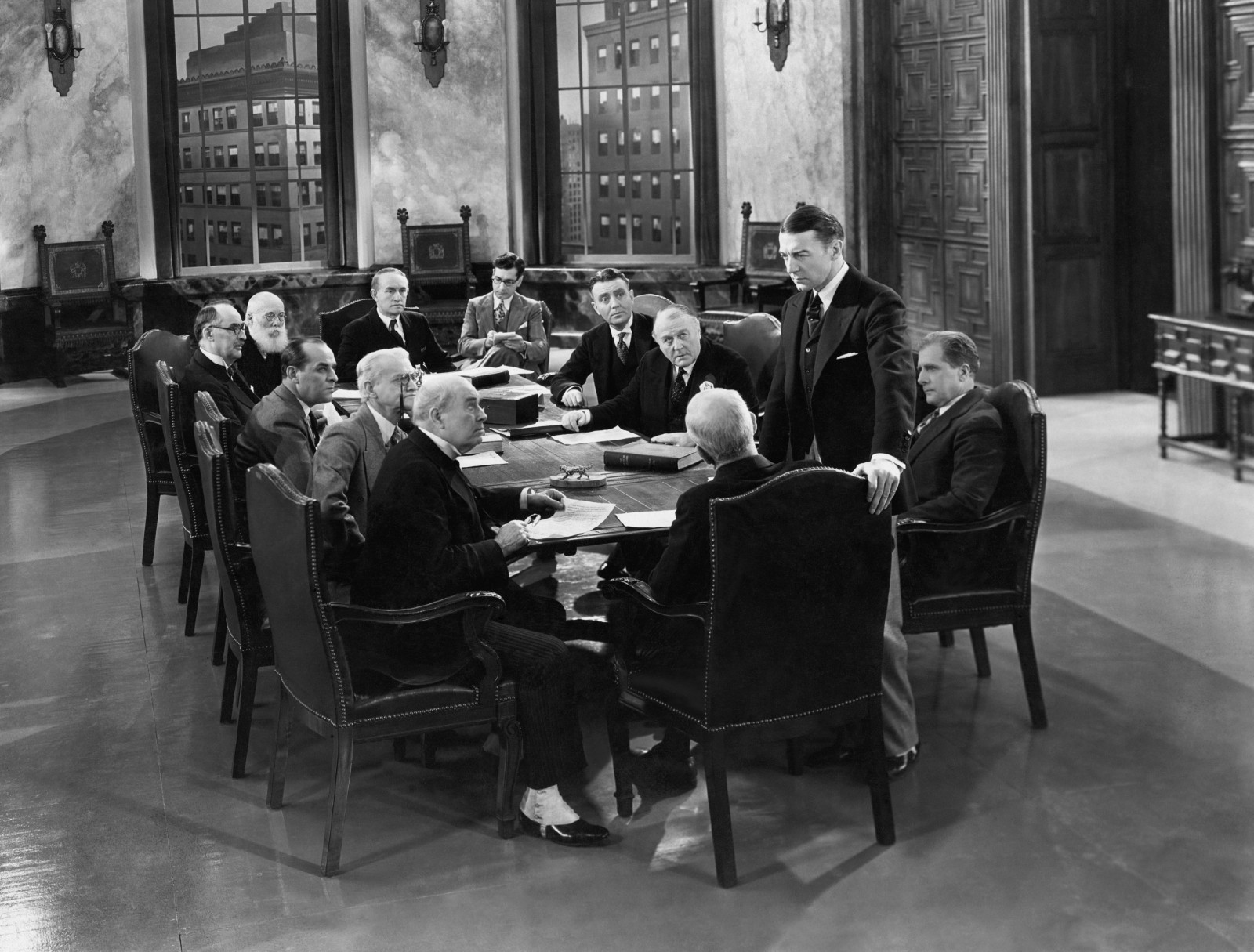All those unnecessary meetings are costing your company a lot of money + How to encourage innovation in the workplace

Your boss probably agrees: You and your team are spending way more time than is necessary in meetings. An average of 25 hours of executives’ work weeks are dedicated to meetings — around half of which end with no real outcome or benefit, Bloomberg reports, citing a study by research consortium Future Forum. Leaders tend to continue attending meetings that end up being useless, the study found, often because they don’t want to miss out on something important, or they don’t want to be perceived as being uninvolved.
All of those wasted meeting hours are also costing a pretty penny: Unnecessary meetings end up costing companies significant amounts of money, with companies surveyed spending an average of USD 80k in salaried hours for meetings, 31% of which are meetings that are deemed “unnecessary,” according to a separate study from Otter.ai picked up by Business Wire. On a larger scale, companies with more than 100 employees could stand to save more than USD 2 mn per year, with that number growing to USD 100 mn per year for companies with more than 5k employees.
Intellectual honesty + psychological safety are the balancing act of innovation: Innovation is the product of debate, but healthy and open debate at the office requires the creation of spaces that promote candid, informative discussion in a socially aware manner, according to a new study published in MIT Sloan Management Review. Helping employees to feel safe and respected with an atmosphere of psychological safety is typically seen as the best route to sharing and ultimately maintaining talent, the study says. Yet the culture it creates can undermine intellectual honesty — the voicing of ideas and disagreements in a rational and constructive way — key for high-performance learning. Social cohesion can encourage groupthink or dampen innovation. Brutal honesty, however, goes too far and can cause damage to colleague relationships, not to mention others’ feelings of acceptance and respect.
So, how can managers fast-track intellectual honesty? The MIT study suggests five rules: Focus on a common goal, expect disagreement but require respect, stick to facts and evidence, acknowledge biases, priorities and knowledge gaps and finally, ensure that everyone has a voice. Hiring and development processes are at the basis of creating a high-performing team and the latter should continue throughout the life-span of an employee’s time at a company, the study suggests.